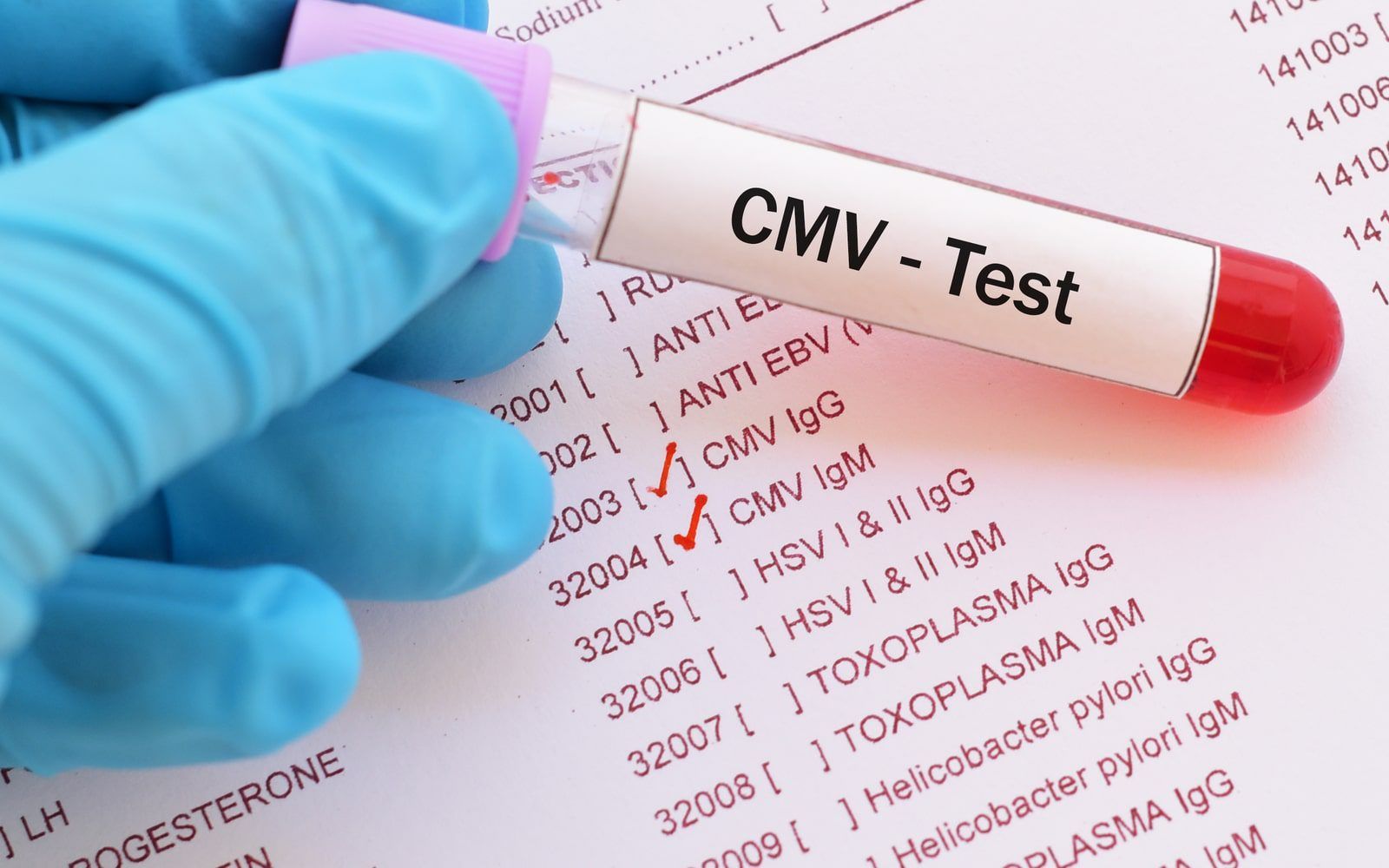Over the past decade, there’s been significant talk about the Zika virus. This disease is a terrible threat to pregnant women, causing birth defects in those infected by it. Another disease, known as Cytomegalovirus, or CMV, can also cause similar effects. Unlike Zika, nearly 91% of women are unaware of CMV or how it is contracted. The general lack of knowledge of this disease in pregnant women means they don’t know how to avoid it.
What Is Cytomegalovirus, Its Risks, And How To Avoid It
Nearly 30,000 infants are born with this disease each year, 6,000 of which may develop or already have permanent disabilities. Learning how to avoid contracting CMV is critical to reducing this number and protecting women in the US. It is commonly contracted by coming into contact with bodily fluids of those who are already infected. This condition can be harmless in adults, seeming like nothing more than the flu or cold. In young children and unborn infants, however, the results can be devastating.
One of the most common ways to contract the condition is coming in contact with the urine or saliva of those infected. This is the leading cause of CMV in preschool teachers, therapists, daycare workers, nurses, mothers, and pregnant women. Those who are pregnant can follow these tips to help prevent contracting this disease:
- Avoid sharing straws, drinks, utensils, or food – CMV can be transferred through cutlery, cups, and food through saliva. While it may be easier to share a plate with your child, it’s best that you avoid sharing with them. This includes sharing leftover food.
- Pacifiers For Their Mouth Only – It’s a common practice in early parenthood to clean a pacifier with our mouths. Parents also tend to hold it there for a moment while using their hands for something. CMV can be transferred this way from child to parent or parent to child. Placing the pacifier on your pinky is safer.
- Kiss On Forehead – Kissing on the cheek is a common form of affection but should be avoided. Instead, kiss on the forehead, top of the head, or give an extended hug.
- To Each Their Own Toothbrush – Don’t share oral hygiene utensils either. These can present a serious risk of transferring CMV. You should also consider storing your toothbrush somewhere they can’t reach.
Finally, make sure you spend 20 seconds or so washing your hands thoroughly several times a day. It is particularly important to practice this when handling children’s toys, changing their diapers, feeding a young child, or wiping mucus or drool.
Why It’s Important to Avoid Exposure To CMV
When a pregnant woman contracts CMV, the virus moves through the placenta to affect the fetus. Developmental disabilities, hearing loss, and microcephaly have all been known to appear in children infected with this condition. In fact, it’s recognized as the leading cause of SNHL or non-genetic sensorineural hearing loss in children. Reach out to your women’s health provider for further guidance on how to avoid contracting this condition while pregnant.


